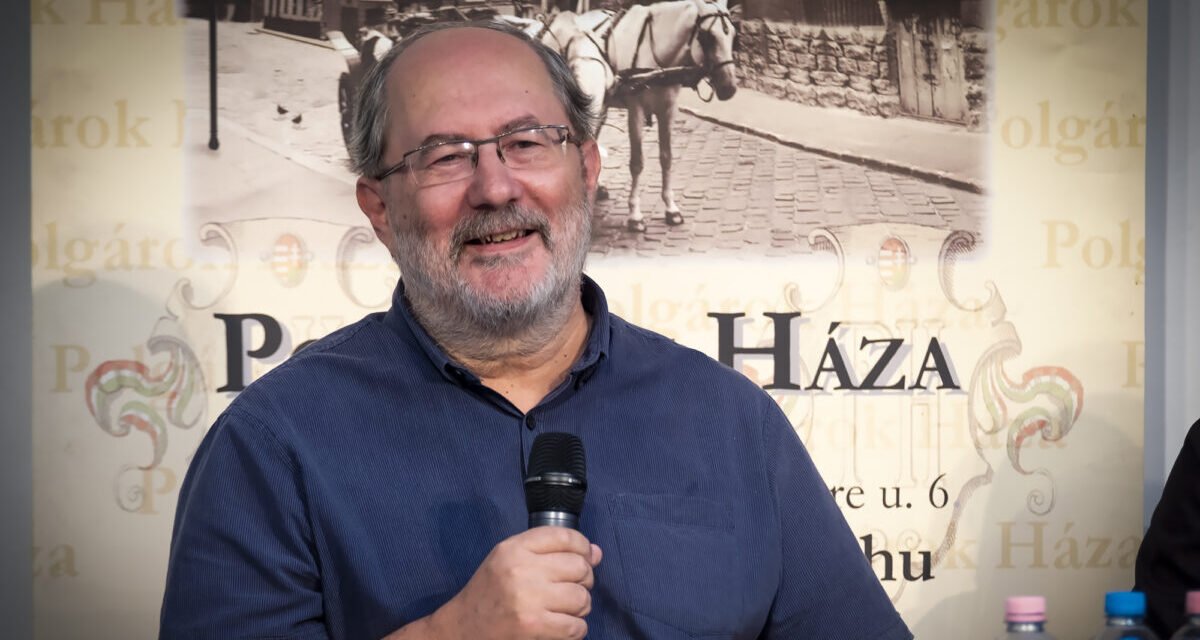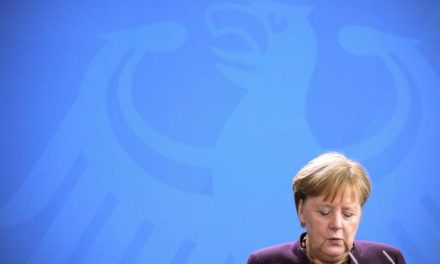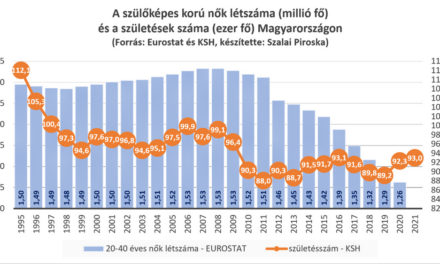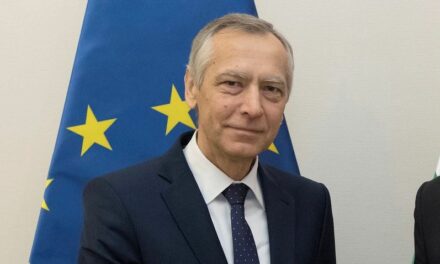Economic neutrality and political independence are closely related. Written by Tamás Fricz.
I fully agree with the basic principle of the Hungarian government's program: we must strive for economic neutrality. Specifically, this means that we trade in the direction of West and East, North and South. We can also say that we pursue connectivity, that is, we maintain economic relations in all directions that serve our interests.
Of course, this means that we trade and cooperate economically with democracies and dictatorships alike, if it is worthwhile for us.
Of course there are exceptions. I would not recommend that we develop extensive economic relations with North Korea, because there must be a red line in everything, even in the economy and trade. Maybe we wouldn't make interstate agreements with the Islamic State (if there was still such a thing) or with the Taliban in Afghanistan, I think. But beyond that, I repeat, I deeply agree with the concept of neutrality.
This concept follows from the fact that, as a small, open economy, we are heavily dependent on foreign trade and foreign capital entering here, without which we would not be able to prosper today.
Although it should be noted that more should and could have been done in 35 years to create a self-sustaining Hungarian economy that can stand on its own two feet. In our current exposure, both the Antall and Horn governments have a negative historical role, since these were the eight years when, after the change of regime, we sold everything horribly cheap to foreign investors, who either liquidated it in their own interest, or they sold it or made a huge profit for themselves.
After that, the Orbán governments did everything they could to recover a significant part of the squandered, strategically important national assets and state-owned companies, and this effort was quite successful. This is why we are in a better condition today, why we are a less exposed country than, say, between 1994-1998 or later during the Gyurcsány years.
But even with this, our exposure remained, so we can do nothing but develop a corresponding strategy. This is economic neutrality. It follows that we have to choose connectivity. And we have to reject the blocking.
But what is blocking? The fact that we do not confine ourselves under the shackles of any region, great power or alliance. So we remain open, and this openness can only be done in a way that allows us to act freely. I repeat: freely, as a sovereign nation.
Perhaps the most important tradition of the Hungarian national tradition is the desire for independence. Not belonging to an empire or alliance at all costs! We did not want to live under Turkish rule, just as we did not want to remain part of the Habsburg Empire.
1848–1849 proves this well. Dependence on Nazi Germany also made us sick, and then we weren't really happy under the Soviet and Bolshevik regime either. What is very important from this point of view: in 1956, the first thing the revolutionaries did would not have been to join NATO immediately after we left the Warsaw Pact. Almost no one wanted this then. (The fact that the Red Army "exempted" us from being in a decision-making situation on this issue is another matter.)
So our true tradition is independence, sovereignty, not forced attachment to alliances.
Based on our traditions, we would rather be Switzerland, Austria, which is out of NATO, or even Norway, which did not join the European Union, but has a contractual relationship with it, which is economically favorable for both parties. (Incidentally, the EU is in a customs union with four countries that are not members of the EU.) I am convinced that this would be a favorable situation for a significant number of Hungarian people.
Why am I saying all this? Because neutrality and connectivity correspond to our old traditions and national desires. As well as avoiding blocking, which is the other side of it.
One does not work without the other. Yes, but there is only one catch: that we are members of a block. This bloc is called the European Union. So even if we say that blocking is not good, we should know that we are part of blocking. (We should also talk about the UN, but that would lead too far now, and many people would not even understand why the functioning of the UN is problematic these days.)
In other words: if we want to be connective, it will only work if we really are not in a block, or if we are not part of the block.
This can work if the association to which we still belong today - i.e. the union - is a "bloc" that is, in itself, open from the inside and leaves the member states free to act as they see fit in world trade and the world economy - and then it is no longer block, so it doesn't limit us. It does not intervene in our economic and commercial relations, it does not regulate them, it does not place obstacles in front of our free economic – and I would add: political, foreign policy – action.
But is the EU such an alliance? No, the union in its current state is not an association of free, sovereign states.
On the contrary, the elite of this bloc, the bureaucracy in Brussels, is working with full force to establish as quickly as possible a close cooperation in which they determine from a center what the member countries can do.
The latest shining example of this, which we just heard from Péter Szijjártó: at the last UN General Assembly, the leadership in Brussels even asked the participating EU member states who they wanted to negotiate with during the UN General Assembly and on the sidelines of it. Which is unacceptable interference in the movements of the member states, while according to the basic treaties, foreign policy is still - who knows how long? – falls within the jurisdiction of the Member States. Mario Draghi's competitiveness-enhancing concept is none other than the creation of a centralized, federalized union in which
the small states are not dealt a card, they have to do what the big Western European states dictate.
Of course, this is apparently only a "trifle" compared to what they are doing to us in connection with our successive EU presidency: Orbán goes on a peace mission and meets with Putin and Trump for the sake of peace, which causes enormous indignation in Brussels. This is not the first time that some people have mentioned that Hungary should be "kicked out" of the EU.
So can we avoid the disadvantages of blocking? Let's face it: we don't have the opportunity to do so under the current conditions.
The committed goal of the union is to limit the scope of maneuver of the member states as narrow as possible, and ultimately put decision-making in the hands of the large, dominant states, so that a kind of imperial principle should come into effect, as was the case in, say, the Warsaw Pact and CSTO led by the Soviet Union.
But those were conditions forced upon us by force, we could not escape from them, because the guns sounded when a Soviet vassal state attacked (1956, 1968).
What follows from this? To finally face the question: what do we want to do with our existence in the Union? This issue cannot be duplicated, it cannot be solved by occasionally trying to get rid of certain joint decisions, accepting others, and not fulfilling the third. (The latter, for example, not paying the gigantic fine of the European Court was commendable courage.) I see that we are often only taking tactical steps with this, but I think we have to give a direct strategic answer to this question, because it has been hanging over us like the sword of Damocles for quite some time.
This strange, divisive state of affairs with the union cannot be maintained forever, because it is clear that they want to regulate and limit us with increasingly violent means, and if that doesn't work, kick us out of the EU. It's getting worse, so we have to formulate the answer.
I emphasize again: this is not about a thoughtless Huxit, I don't want to suggest that. On the contrary: the beginning of a carefully thought-out and well-prepared series of steps, the end of which is either the union becoming a loose alliance of nation states - and then it will be possible to fully enforce connectivity - or the escalation of tensions within the union, which cannot end well.
Don't wait too long to act!













